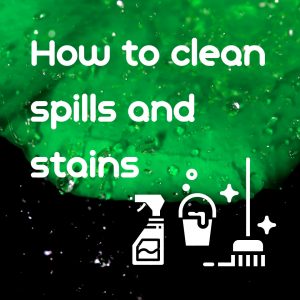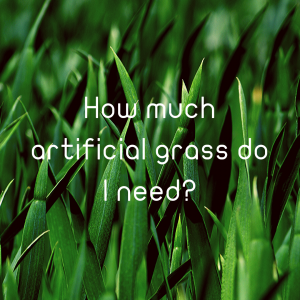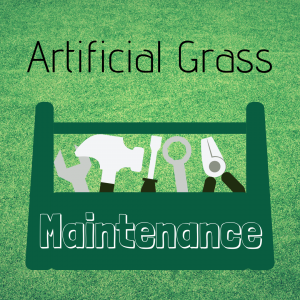The quest of a perfect lawn is a long-standing British tradition, and in recent times, artificial grass has increased in popularity. Multiple shades of green, different lengths of ‘grass’ blades, hassle-free installation and basic maintenance have created a winning formula for a beautiful, minimal-effort lawn.
However, like most things in life, artificial grass comes with a whole heap of misconceptions. It can be easy to get confused when conflicting information is floating around on every internet site you visit. PlaySmart have over 20 years experience in the safety surfacing industry, and are a trusted and reputable supplier across the UK and internationally. With our training and knowledge on artificial grass surfaces, we have compiled a Mythbusters report that should clear up any misinformation about artificial grass installation.
Myth 1
Artificial grass is not pet-friendly.
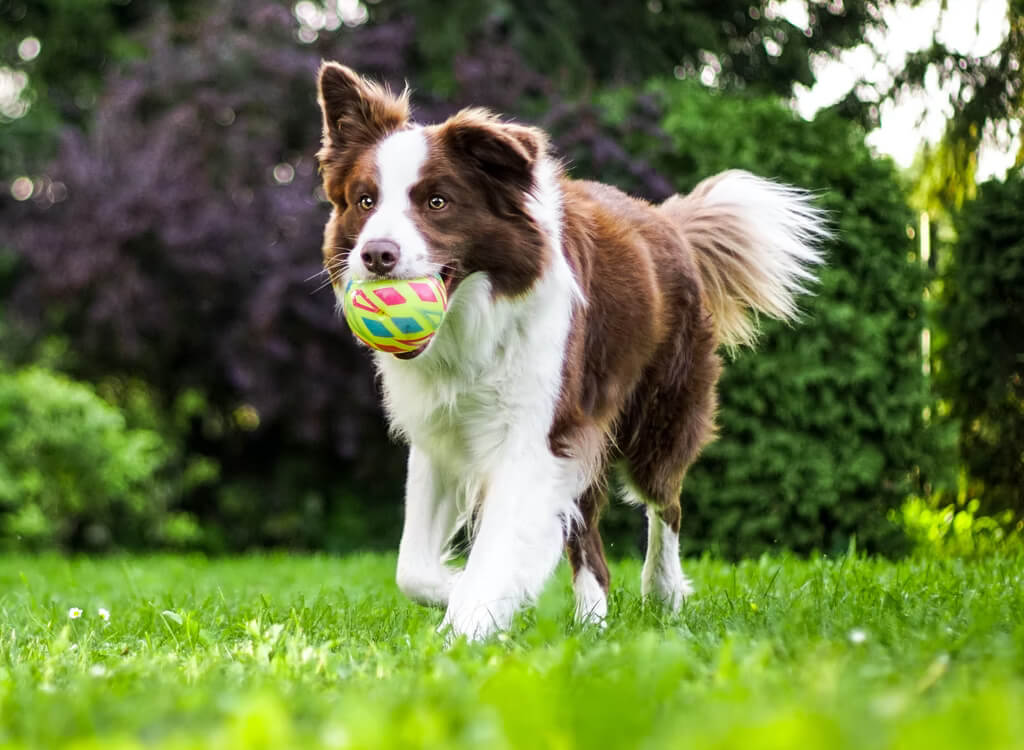
In 2021, it was estimated that 12 million cats and 12 million dogs were living in UK homes (Statista). With a nation so clearly devoted to animal companionship, it comes as no surprise that we want our gardens to be pet-friendly.
Unfortunately, a lot of misinformation online pushes the misconception that artificial grass installations are toxic and harmful to pets. Happily, this isn’t true. Artificial grass actually protects pets against harmful lawn chemicals used on real grass, such as pesticides and weed-killers, and doesn’t expose them to these dangerous substances.
Myth 2
Artificial grass is bad for the environment.
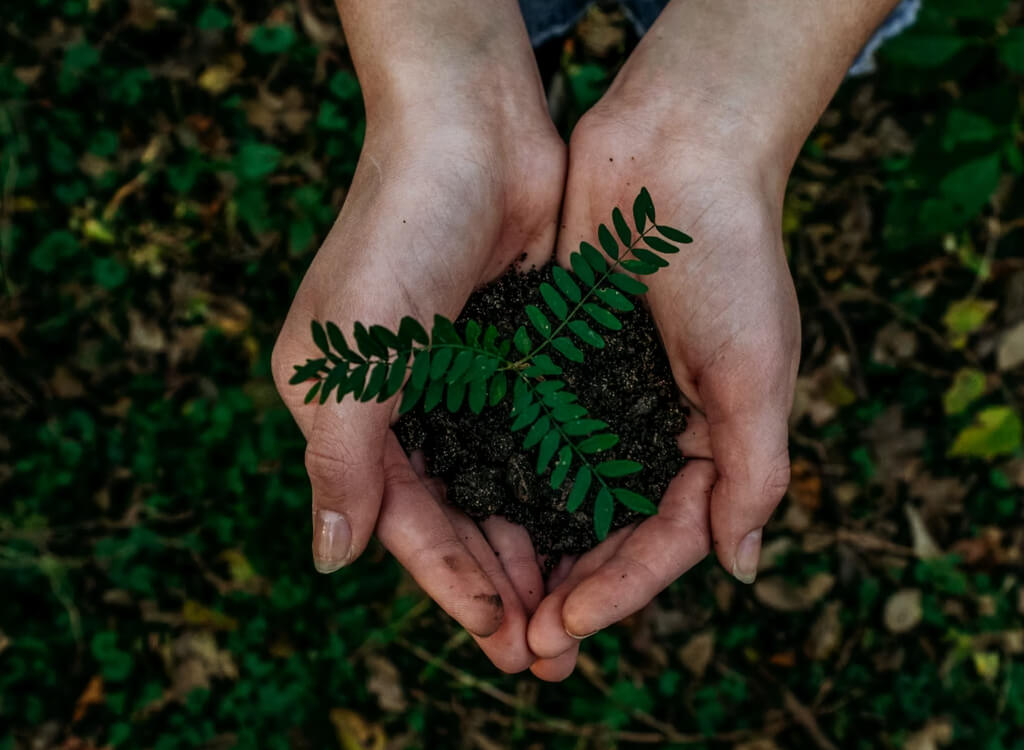
In times like these where climate change is a very real and pressing issue, there are a lot of conflicting opinions on the environmental impact of artificial grass installation. Doing your own research is always highly recommended, but we can point out some obvious benefits and areas for further research.
Firstly, artificial grass reduces water usage, as it doesn’t need to be watered to stay alive, unlike real grass. Therefore, you don’t have to worry about summer droughts! You should only need to water your grass very occasionally, for things like getting rid of pet waste, or cooling the grass down in summer heat.
Secondly, it cuts out the need for lawnmowers, which have a proven track record of harmful emissions. Lawnmowers emit a handful of toxic chemicals – nitrous oxide, carbon monoxide and hydrocarbons to name but a few.
A big issue is the question of recyclability. Artificial grass is a long-term investment, with PlaySmart’s Green Frog Artificial Grass guaranteed to last at least 8 years, and a projection of 10 or more years if correctly cared for. This is usually the industry standard. However, not all artificial turf is recyclable when reaching the end of its cycle, and will end up in landfill.
Nevertheless, not all artificial grass surfaces are made using the same materials, and some turf is created using recyclable matter. It is down to the individual to do their own research into the grass they want and how it matches up to their preferences in terms of eco-friendliness.
Myth 3
Artificial Grass Surfaces aren’t Safe For Children.
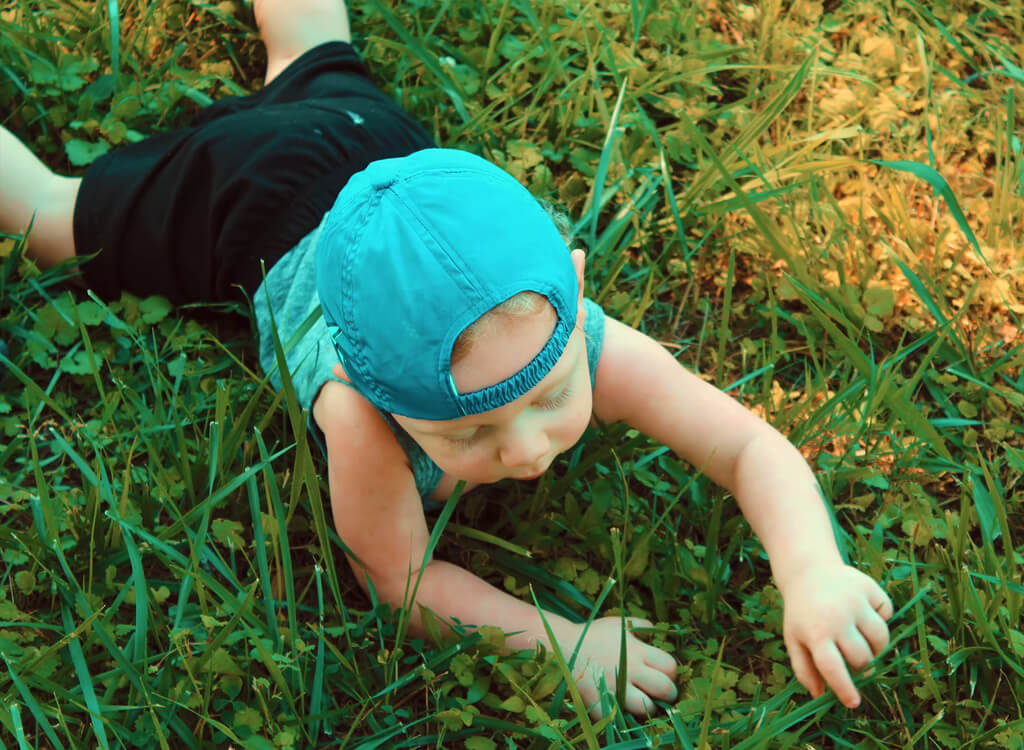
Much like the aforementioned issue of pet friendliness, the suitability of artificial grass is a common (and valid) question. Much of the misinformation on the internet centres around low-quality turf and cheap materials, which can pose as a risk for ingestion of crumb rubber.
The effects of crumb rubber being used as turf infill are still undecided, and there is plentiful research into this matter. In the meanwhile, artificial grass can be made without it, and have more natural infill options like crushed rocks or sand. It is down to the individual to do their own research into infill and come to their own conclusion about which materials are right for them.
Another misconception is that children might hurt themselves playing on artificial grass. Perhaps a few decades ago, this may have been the case, when fibres were scratchier and more abrasive. However, the market has vastly improved in quality, and synthetic grass is now a lot softer and suitable for young children.
If your garden has a lot of paved area, artificial turf can provide a welcome soft surfacing for your children to play safely on. And for those concerned about injury risk when it comes to playtime, PlaySmart has the answer.
We have devised an innovative shock layer pad, also known as SmartPlay, that can be used in addition to artificial grass to provide critical fall height protection. Simply put, if you have play equipment 2-3 metres off the ground that will be used by children, the SmartPlay system provides an extra layer of shock-absorbent protection. There is usually ground work associated with this, as the SmartPlay pad will need to be installed below ground level, but any investment into child safety is a worthwhile one.
Myth 4
Artificial grass Installation is expensive.
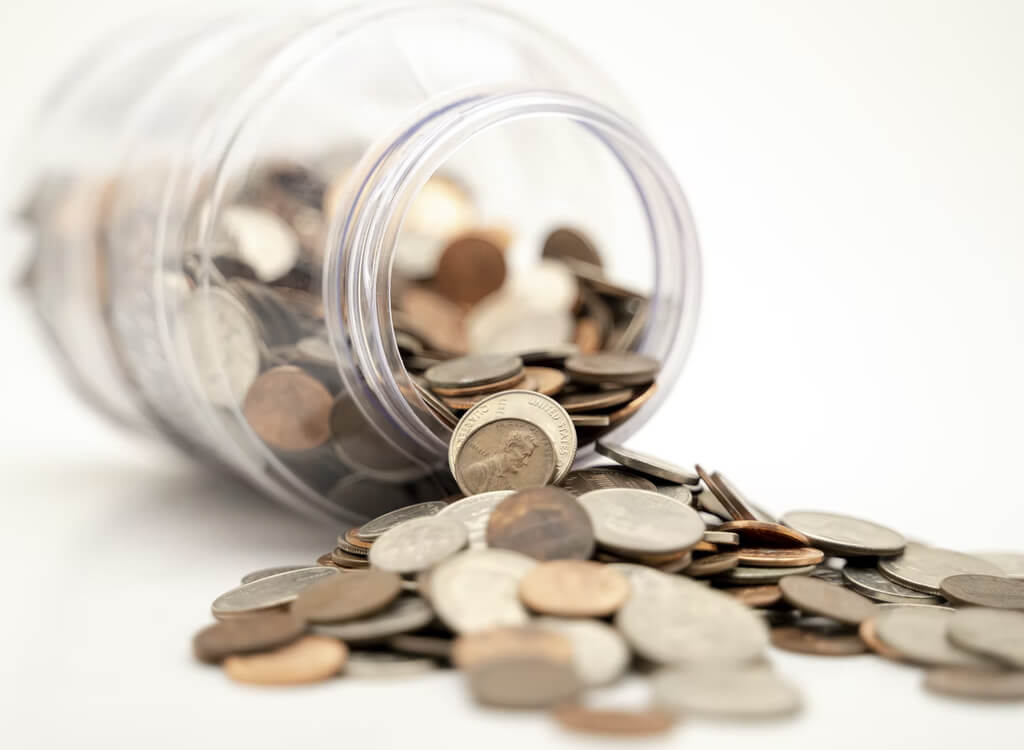
To put it plainly, surfacing options are never going to be a casual spend. There is time, effort and labour involved in the process, and skimping on price is likely to end up costing you more in the long run.
Cheap materials, inexperienced labourers and too-good-to-be-true price points are all warning signs for a surface that won’t last very long. If this happens, you won’t only front the initial cost of the materials and the installation, but also any repairs that will crop up as a result of poor materials and labour.
One of the best pieces of advice PlaySmart offers in cost efficiency is to ensure you are buying the correct amount of artificial grass for the area you want to surface. If you are highly accurate with your measurements, you will waste a lot less grass, reducing your spend on material.
Another option is to shop around. Some artificial grass installers are willing to match or beat prices with a higher-quality product, so it is always a good idea to get quotes from different companies in order to find the best deal. Just be wary of companies with lack of experience or cheap materials – as explained, this is more than likely going to cost you more in the long run fixing their mistakes.
If you’re interested in competitive prices from a company with over 20 years of experience, you can contact the friendly team at PlaySmart here for a quote or a call back.
A final thing to consider is what you actually save from buying artificial grass, compared to what you would spend on natural grass. A natural lawn is by no means cheap to keep in pristine condition.
When taking into consideration you need to buy pesticides, herbicides, fertilisers and grass feeds for aesthetic and maintenance needs, as well as a lawnmower for trimming and a hose for watering in the warmer months, a natural grass lawn is an ongoing cost whereas artificial grass is relatively low maintenance.
Myth 5
Synthetic grass looks too fake.

Aesthetics is a large part of anyone’s garden. It’s something to take pride in, and utilise as a space for outdoor play and recreational usage. Therefore, the realism of artificial grass installations is an important factor to consider.
A few decades ago, overly fake and plastic, fluorescent green grass might have been the case. However, those days are now behind us. Artificial grass can come in different shades of green and even strands of brown to create the illusion of slightly withered patches, and the yarns can be made to be different lengths for a more authentic, ‘mismatched’ aesthetic.
Here at PlaySmart, our artificial grass comes in different shades of green, and the yarns are a mixture of both short curly yarn and long straight yarn to create that visually pleasing and realistic look. Overly artificial-looking grass is a thing of the past, and PlaySmart’s artificial grass has a blend of aesthetics that makes a ‘that must be real’ impression on our clients.
Conclusion
At PlaySmart, we know that nobody should have to compromise on aesthetics for affordability. We pride ourselves on carrying the best quality product at competitive prices, so you can be reassured that you aren’t sacrificing affordability or quality. If you’re interested in finding out more about artificial grass surfaces or the other products that we carry, please don’t hesitate to give us a call on 01564 742811 or get in touch using our contact form.

